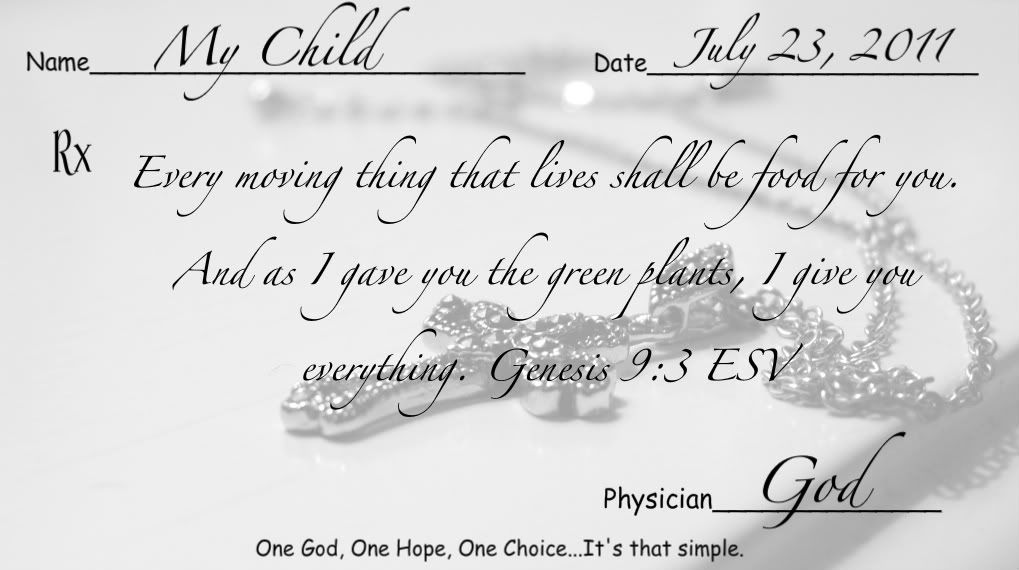Understanding the “Why” Behind Depression
America on Drugs
Bear with me here guys, this is a long post, and this comes from years of being a pharmacist and the personal experience of being a patient…but for anyone on an antidepressant or other “brain” drug, you need to read this:
Your Brain on Drugs…no, I won’t be showing you a picture of a fried egg, though I must say it’s a great analogy! We know street drugs fry your brain, that’s a no-brainer! (Sorry =o)
I’m talking about prescription drugs…and not just the “controlled” ones. I’m talking about all of the psychotropic drugs prescribed in the United States today. As a pharmacist, it has made me crazy to see this huge increase in my years in this industry. As a patient, I fell right into the trap. Let me give you just a few statistics from reputable sources to put it in perspective for you…
A study was done by the American Medical Association from 1988 to 1994, during which time the visits to a physician for depression increased from 10.99 million in 1988 to 20.43 million in 1994. Visits for stimulant drugs increased from .57 million to 2.86 million. In a much more recent study, the Centers for Disease Control the percentage of people who use five or more prescriptions drugs increased by 70% in the last 10 years. It’s obvious to me that this increase is largely due to the increase in psychotropic prescription visits.
Our society is in danger. Real danger. Christians and non-Christians alike. Many physicians are prescribing narcotics, antidepressants, anticonvulsants, and other miscellaneous psychotropic drugs like candy, and do not realize the true danger they are putting their patients in. Different doctors and different pharmacies lead the way to missed information and drug interactions. Doctors cannot possibly keep up with all of the drug interactions possible between the thousands of prescription drugs on the market today. Even as a pharmacist, I ended up with a potentially life threatening drug interaction that my doctor(s) and pharmacist missed. I had not been working in pharmacy during the time Cymbalta was approved and put on pharmacy shelves, and due to an interaction with my migraine prescription medication, I ended up in a state for 24 hours where I did not know what was real and what wasn’t. I didn’t know if this world was real, or if I was dead or alive. At one point, I did not know David was my husband. Marlee was laying next to me in the bed and I actually asked David if she was dead. It was the scariest night of my entire life. I know this sounds crazy, and even when I was in the midst of it I felt sure that I would wake up in a straight jacket staring at four white walls!
When my reality began to become more clear, due to my pharmacy training I knew what happened. I immediately began researching the medications I had taken, and quickly discovered I’d experienced serotonin syndrome. Now I must say should have known the possibility of this interaction, but in this case, my brain was, well, sick. Seizures, migraine, depression, and medication did not leave me in the mind to catch these things…my doctor and pharmacist should have caught it. I know that when my prescription was filled, the pharmacist was required to manually override a drug interaction possibility, which means they just overrode it by habit, without really looking, or just neglected to mention it. Last summer,in a total of approximately eight days working as a relief pharmacist, I called doctors on four separate occasions to warn them of this exact same interaction. All four times the prescriptions were changed.
This incident is just one of millions that happen daily. While there are definitely patients that require psychotropic drug therapy, these drugs are widely overused. I’m not sure why doctors feel so much more comfortable prescribing these drugs now than in the past, but where therapy was once first course of treatment, doctors now tend to give the drug first, to “dial things down” before therapy is started. Once the patient gets the prescription, they do not want to follow up with expensive therapy. Our society of immediate gratification and prescription drug advertising on every venue possible lead us to the “quick fix.” After all, “Depression Hurts, Cymbalta can help.” Right?
Due to the depression I experienced during my years of seizures, my doctors kept trying to get me to take an antidepressant. I finally conceded and began taking Cymbalta. If I wasn’t miserable before, I sure was then! After about a month on the Cymbalta, I felt horrible and was still depressed, so I decided I would wean off of it. Ha! Now that was a joke. The “non-addictive, harmless” antidepressant was everything but. I know you have all seen the commercial for Cymbalta, but in my research I stumbled across a youtube video that really makes the point. It is a little on the extreme side, but only a little.
Depression hurts, Cymbalta hurts more
Before I conclude, let me just say this…there is certainly a need and a place for antidepressants. We have just come to rely on the quick fix of drugs way too much. If you happen to be on Cymbalta and doing well, Yay! For me, many of the side effects of Cymbalta were front and center. As patients, we have just become too trusting:
First,we trust our doctors to know everything we need to know. No one can know everything.
Second, we expect our pharmacists not to be too busy to counsel us every aspect of the drug, but they can’t control the 15 people waiting on prescriptions at once (and I can assure you, the chain pharmacies push the limit on the number of prescriptions allowed per pharmacist), nor can they control the hurry we are in to get out of the pharmacy.
Third, we trust the FDA not to put anything on the market that could harm us. It is sad we cannot depend on our government to keep our best interests at heart, but unfortunately, the almighty dollar often takes priority.
And yet, we are not trusting enough in God. We don’t believe and trust that God is all that we need. I know I used the verse on this prescription in another post, but it says so much. When God created the earth, and created man to inhabit the earth, he gave us everything we’d ever need. With so much emphasis placed on the synthetic psychotropic drugs available today, we lose our focus. We need to think simply and eternally at the same time. More talking, more prayer, more God. Put God at the head of your medical team, and let him lead you in the very best way to restore your mind…for eternity.
From my heart,
Celeste
I


